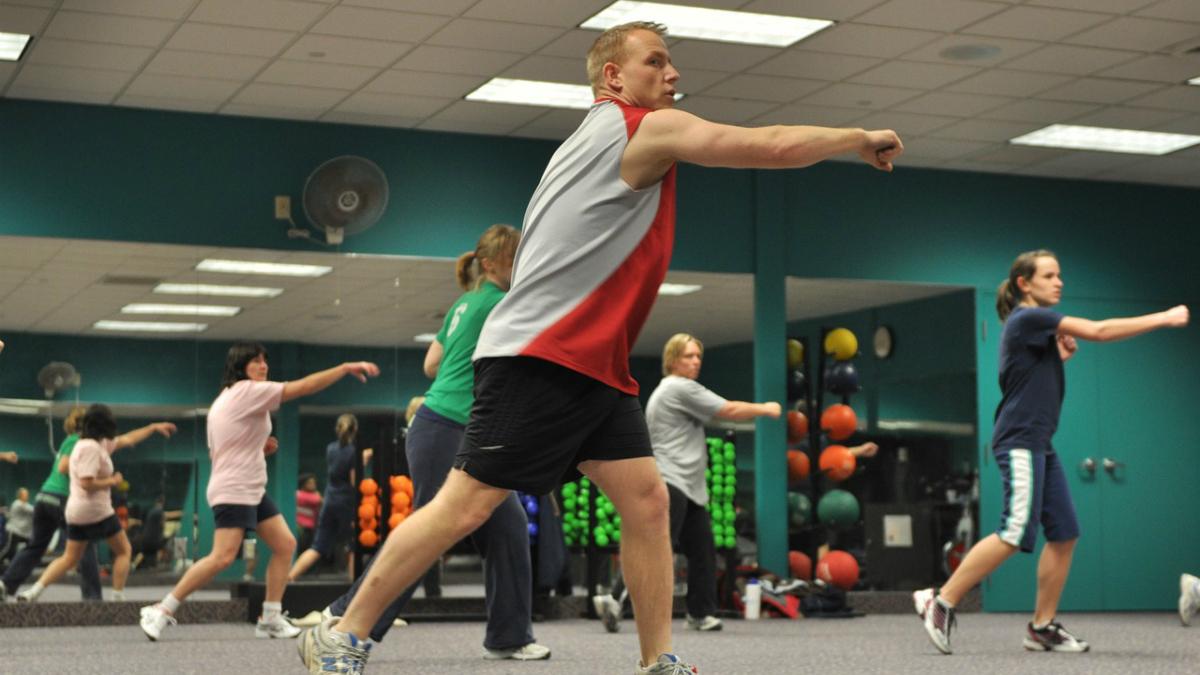People with chronic pain should not be treated with pain relief medication – but should have access to group exercise programmes to help manage their condition.

This is according to a new draft guideline, Chronic pain in over 16s: assessment and management, published this week by the National Institute of Health and Care Excellence (NICE).
The draft guideline, which is open for consultation until 14 September, recommends that people over 16 should not be offered medication to manage chronic primary pain.
This include the prescription of medications such as opioids, non-steroidal anti-inflammatory drugs, benzodiazepines, local anaesthetic/corticosteroid combinations, paracetamol, ketamine and corticosteroids.
Instead, the draft guidance recommends the non-pharmacological management of chronic primary pain, including the use of supervised exercise programmes, psychological therapies and acupuncture.
Speaking on behalf of the Physiotherapy Pain Association, Claire Campbell, a physiotherapist within the Pain Management Service of NHS Forth Valley, said: ‘The Physiotherapy Pain Association will be taking the opportunity to comment in detail on this draft guideline for chronic pain.
‘The guidance is specifically for chronic primary pain, as recently outlined in the ICD-11 [International Classification of Diseases 11th Revision], and does not include conditions covered by other guidelines, such as neuropathic pain, low back pain and osteoarthritis.
‘We appreciate that many patients may feel anxious when examining the draft guidance, as offering pain medication is no longer recommended.
‘However, we hope that the NICE committee’s emphasis on rehabilitation will result in wider commissioning and provision of pain rehabilitation services across health and social care.
‘PPA recognises that Chronic Primary Pain as a diagnosis is not yet commonly understood and further research is warranted into the nature of the conditions included in this diagnosis, and to determine optimal management strategies.
‘We also welcome the guideline’s emphasis on communication and strategies to improve collaboration between patients and healthcare professionals as we recognise that people with pain benefit from validation and understanding in learning to live well with pain.’
More research needed

The draft guidance includes various research recommendations, such as studies into the clinical and cost effectiveness of pharmacological interventions, manual therapy and psychological therapies such as mindfulness and cognitive behavioural therapy for the management of chronic primary pain.
Ms Campbell said: ‘These recommendations reflect the relative absence of high quality research that account for the complexity of lived experiences of pain.
‘There is huge variability in descriptors and outcomes for the interventions that are described within pain rehabilitation and these issues will pose challenges in gaining a consensus in the delivery of services.
‘The PPA is committed to contemporary physiotherapy practice to support people living with pain, across all specialisms, that draws on bio-psycho-social approaches.’
The NICE guidelines are a major step forward, said Mike Hurley, CSP member, professor of rehabilitation sciences and originator of the ESCAPE-pain programme.
'They destroy erroneous perception that drugs are the only way to treat pain by highlighting the plethora of evidence-based interventions that can reduce pain, often more efficiently and cost-effectively. It resonates with the whole ethos of our ESCAPE-pain programme, which is a community-based group programme that integrates education and exercise.
'Finding what’s right for each person will still be a challenge, but at least GPs, healthcare professionals, commissioners, policymakers and the general public have much better information and can confidently access what id available to them.
'I hope these NICE guidelines will encourage people to think differently abut pain management so that many more people can benefit from effective non-drug interventions.'
Number of subscribers: 3